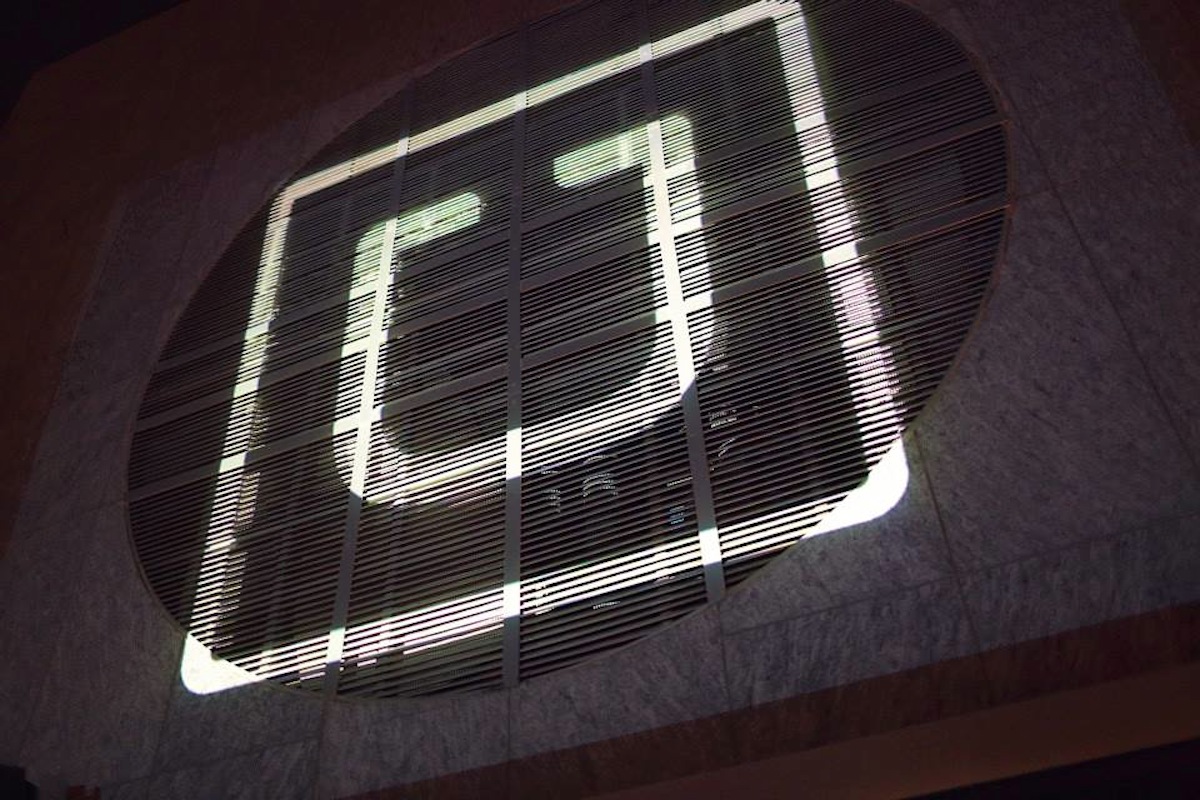Gov. Baker’s Proposed Regulations Would Be a Win for Uber and Lyft

Image via Uber on Facebook
Since launching in Massachusetts, Uber has vocally fought efforts made by states and cities to regulate the burgeoning e-hailing industry. But when Gov. Charlie Baker proposed a new law Friday that would bring companies like Uber and Lyft under the oversight of the Department of Public Utilities, companies leaders welcomed it. What’s going on?
Actually, this proposal comes after the governor’s office consulted with the companies themselves. The difference between this latest effort and those that preceded it is that Baker’s proposal doesn’t try to regulate Uber and Lyft like taxi companies, but rather, it puts them in a separate regulatory classification known as “transportation network companies.” According to Baker’s press release, the law would require Uber, Lyft, and Sidecare to obtain a state license to operate under the oversight of a governor-appointed panel. Drivers would be subject to the state’s criminal background checks and car insurance requirements. And the companies would be taxed annually to help the state recover the cost of oversight.
These sound like a lot of rules for the companies that’s used to operating mostly outside a formal regulatory framework, but at this point, it looks like a win for Uber. In Massachusetts, at least, the companies would no longer be living under the constant threat that the state might decide to crack down on their operations and force them to adhere to regulations that were written for cab companies long before smartphone and mobile GPS technology made the Uber business model possible. Finally, Uber could respond to protests, most notably from the taxi industry, by pointing to a state law that blesses their operations as legal.
Given that, there’s going to be some predictable resistance to this law from the taxi industry, which has long complained that it’s unfair to subject them to one set of state regulations and allow Uber to adhere to another. If it passes, there will also be debate about some of the details which have yet to be worked out, the Boston Globe points out. Background checks, for example, are a thorny problem for Uber. The company conducts them, but not to the satisfaction of many critics. The state would still have to decide what kind of criminal history excluded a person from becoming a driver. And you can bet all interested parties, from consumer safety groups to Uber to cab companies, will have an opinion.
On the whole, though, Baker clearly sees this as an effort to make room in the state’s current regulatory structure for a new service that’s already taken hold in our borders. “Massachusetts has always been at the forefront of emerging technologies, with this legislation providing a modern regulatory framework to embrace innovation and protect and serve consumers,” Baker says in a press release. If his bill goes through, it’s the surest sign we’ve had yet that Uber and its business model are here to stay.

